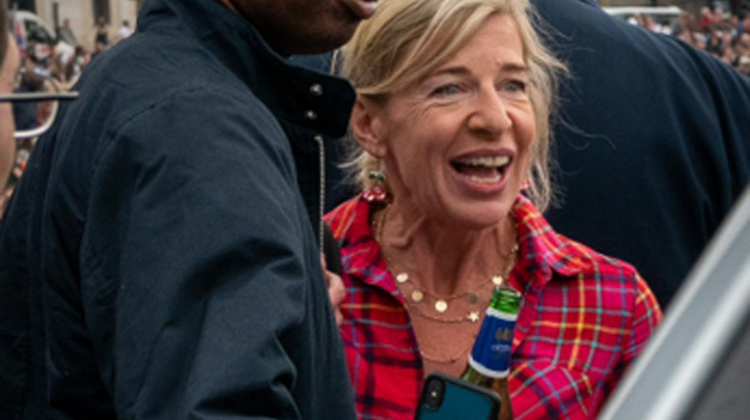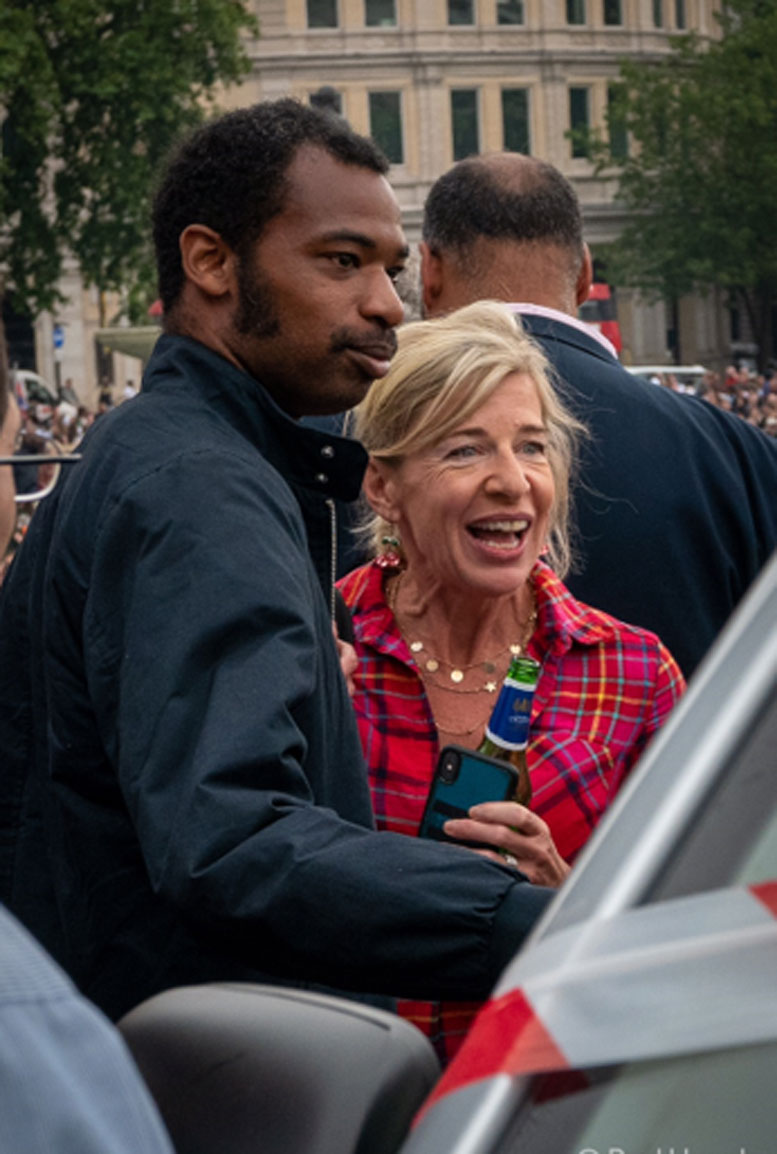
My inbox is inundated—and not in a good way.
Whispering in secret to their laptops in the middle of the night or early hours when the rest of their house is sleeping, strangers tell me their darkest fears. Some are researching how to kill themselves, trying to work out which is the least distressing for their family and friends, trying to be thoughtful still—for a time even after they are gone.
Others tell me they simply cannot find a reason to carry on. Not because they hate their own life or have a burden too big to carry. They simply do not want an existence that looks like the one we are being shown: watched, curtailed and restricted. They feel unable to live the life they used to love.
For most, the impact of lockdown is deeply personal. Some have been separated from American partners and family for well over two years. Australians seemingly have no hope of being reunited with their loved ones. Sydney just extended its lockdown for another four weeks; their political leaders seemingly compete over who can lock down the hardest.
I worry I am not giving these desperate people the hope they need to hold on. I wonder if I am failing them?
Worse still, in France, Macron is drunk on power, announcing cruel curbs for the unvaccinated. By forcing through a new law mandating vaccine passports, his government is demanding that those without such passports be excluded from restaurants, trains, workplaces, and art galleries. It will even be illegal to enter a hospital without such a pass, except in emergencies.
There is a suggestion you may require a vaccination passport to vote—a proposal rapidly morphing into reality, now that an amendment specifically to exclude such a step was rejected by Macron’s parliamentary majority.
My American friends hear some of what Macron suggests and implore me to tell them it is not true.
“This cannot be true, please tell me this is fake news,” and I have to tell them, despondently, that it is true.
Macron is implementing vaccine apartheid in France. It is hard to believe that at the same time Black Lives Matter protesters are arguing over voter ID being a tool of voter suppression, in Western Europe, citizens may need a medical procedure to earn their suffrage.
All this has felt unstoppable, like a train headed down the track fueled by some force greater than ourselves. Individually, we’ve tried to reach for the emergency brake, only to find that it is no longer there. Helpless, these individuals write to me in the darkness to tell me they are thinking of jumping from the train.
The Worldwide Rally for Freedom came not a moment too soon. Finally, we found some kind of collective voice, a kind of warning horn blaring across continents to wake people up or remind them they are not alone—to not jump and hold on a little longer.

I became part of it—more unintentionally than not—and can faithfully report that it was every bit as glorious and uplifting as those present will attest it to have been. I watched the crowds walking together in Sydney, Melbourne, and Victoria. My heart filled up with pride at these brave souls — defying government orders to stay in their homes and threatened with $10,000 fines and arrest — still turned out to show the world their compliance in this madness is only by coercion.
The river of people spilling out through Sydney’s Central Business District stood in defiance to all that Australians have been made to feel: that everyone is compliant, that no one questions the science, that lockdown is absolutely the right decision. Every single person walking signaled the depth of that lie. The media has not allowed the voices of these people to be heard, but now, they were shouting directly into the universe.
So, too, in London, where the Freedom Rally in Trafalgar Square attracted 35,000 of the voiceless all looking for some kind of sign; they were not the only ones feeling this way: sickened by lockdown, rejecting masks or vaccine passports or the vaccine itself.
I want people to know I hear their cries for help and that I will try to give them a voice.
I went to the London Rally because of them and for them, to represent all those pushed dangerously near the edge of life by the cruelty they have faced. I went to have their voices heard, and perhaps selfishly, to be surrounded by my own tribe (after some fairly brutal treatment at the hands of the Australian government — more on that another day).
Uncertain of my use, I like to spend time in the shadows of these events, quietly watching on. Occasionally recognised in the margins, I love the quiet conversations I can have with these ordinary everyday people just like me who simply want the best for each other. I snap selfies with them, thank them for being here, hug them tight and tell them we will be OK.
Word reached the organizer that I was here in the Square and she brought me to the stage and asked me to speak. I thought of all those quiet messages in my inbox. This was their moment too, their moment to be heard and I would not fail them now: “We may be the little people, but when we stand together we are strong. Together we are lions, and you will hear us roar.”
WATCH KATIE SPEAKING AT TRAFALGAR SQUARE:
I watched the crowd power each other up with happiness and light — fizzing almost with the energy of it all. It is a power you cannot see, but you can feel it all the same — humming like electricity lines, supercharging everything around. We all felt it. We all felt hope at last.
I left filled with certainty. We will strengthen, we will endure and we will prevail — because hope, hope lives on.


Leave a Reply